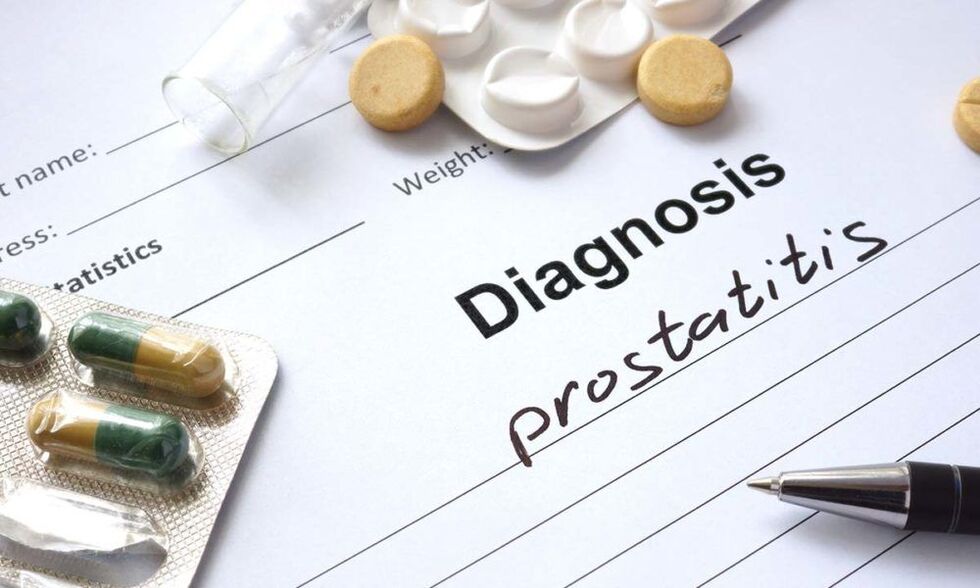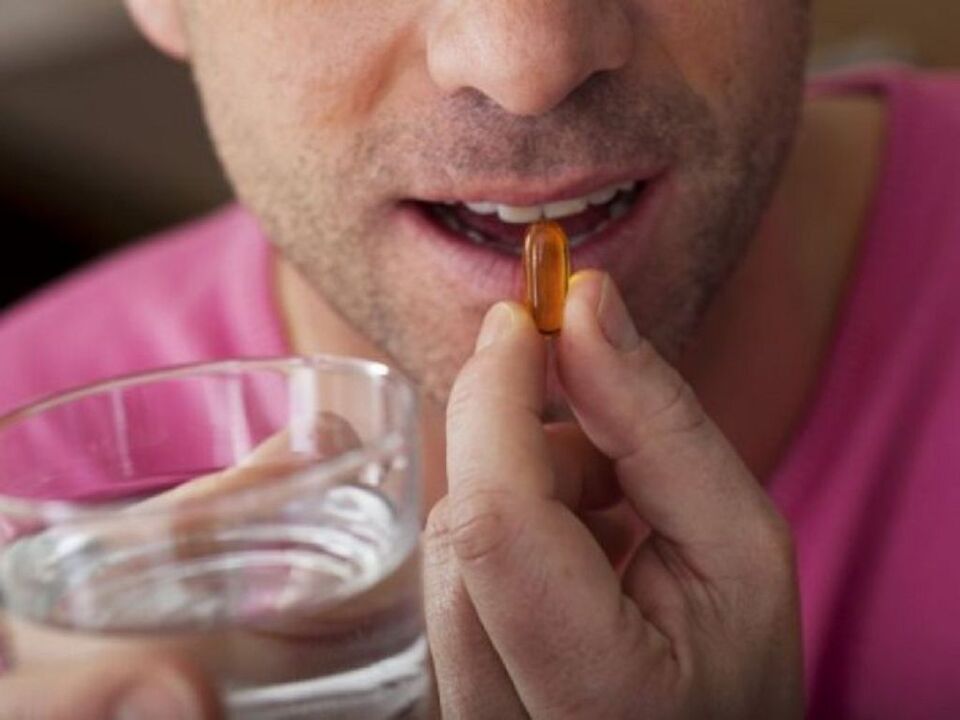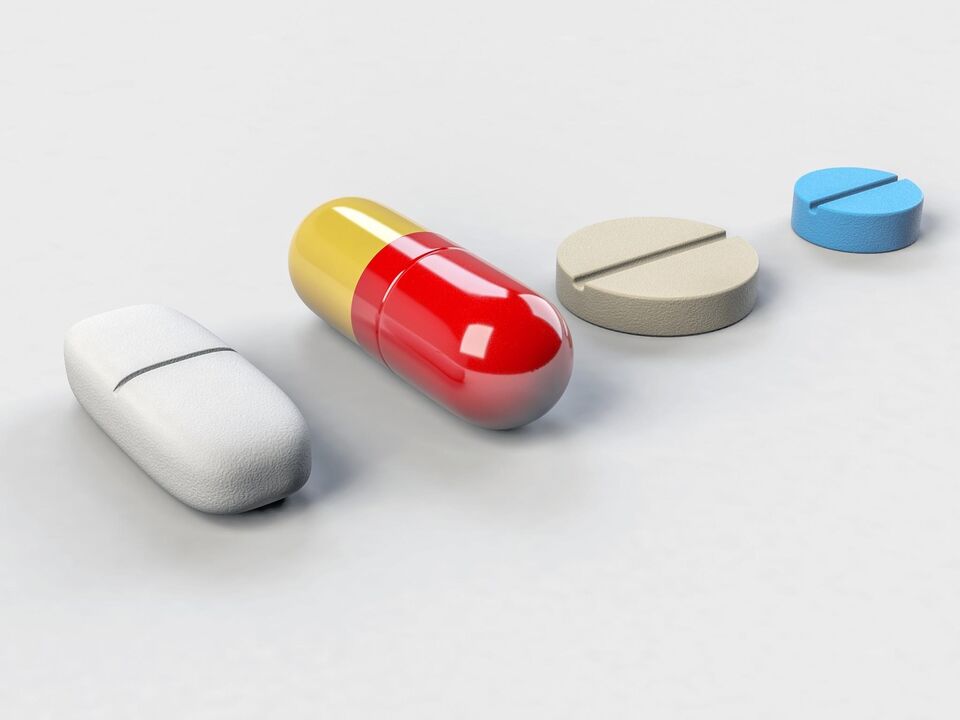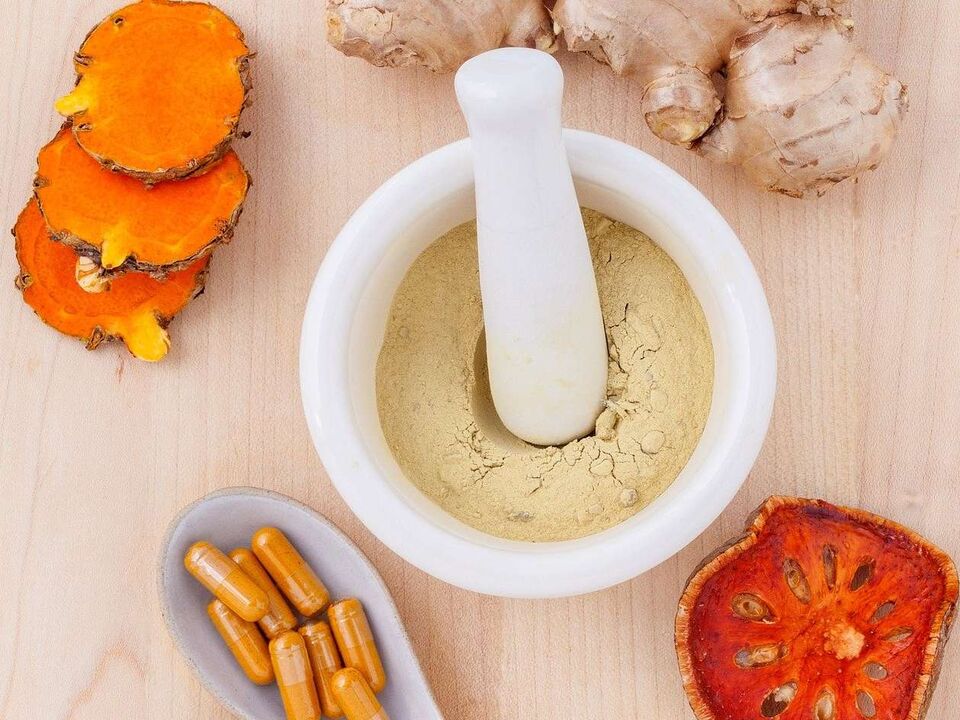Prostatitis is a common disease in men. Young people in their 20s and 50s are at risk. The risk of developing prostatitis increases from the moment you start an active sex life. After all, one of the causes of prostatitis is sexually transmitted diseases, infections of the genitourinary system. Prostatitis is an inflammation of the prostate gland. This disease requires urgent treatment. This is because inflammation is diagnosed, usually already in an acute form. In addition, prostatitis causes a lot of complications and unpleasant consequences. Therefore, it is very important to choose the most effective medication for prostatitis. This should be done only after examination by a doctor.

Prostatitis - What is it?
As already mentioned, prostatitis is an inflammatory process in the prostate gland. The ducts and urethra are also inflamed. In the absence of timely treatment complications can occur, up to prostate cancer, adenoma, impotence, infertility, urethral stricture. With such complications it is almost impossible to restore the full functioning of the prostate gland.
Bacterial prostatitis very often develops. It is caused by many bacteria that can be sexually transmitted. Therefore, in order to maintain your man's health, you need to avoid obscenity. Bacterial inflammation of the prostate can also occur in the setting of hypothermia, other infectious and viral diseases.
Non-bacterial prostatitis is also often diagnosed. The causes of this inflammation can be the following factors:
- Stagnation in the pelvic organs;
- Capillary blood stagnation;
- Low immunity;
- Nervous tension;
- Congenital anomalies in the development of the pelvic organs;
- Sedentary lifestyle, sedentary work;
- Lack of moderate physical activity;
- Regular heavy lifting
- Hormonal disorders;
- Injuries to the pelvic organs.
It should be noted that timely treatment guarantees the complete recovery of the patient. If prostatitis is detected already in the active stage of development, there is a risk of chronic transmission of the disease. Therefore, all men should be aware of the first manifestations of prostate inflammation. So it is worth noting the frequent desire for a toilet. If a young man goes to the toilet twice a night, you may suspect the onset of prostatitis. In this case urination is painful, intermittent. And the bladder is not completely empty.
The inflammatory process in the prostate is always accompanied by pain. The pain extends to the perineum, testicles, anus, rectum, back, legs, lower back, lower abdomen. Sometimes pain occurs during bowel movements. Rarely do patients complain of chills and fever. But it can also be. In this connection, the man develops fatigue, irritability.
Inflammation of the prostate has a detrimental effect on male potency. Due to the closure of the ducts, the narrowing of the canal causes insufficient production of sperm by the testicles. Also over time the potency decreases, insufficient erection develops. A sign of prostatitis may be premature ejaculation, or its complete absence, the complete absence of orgasm.
What is the treatment for prostatitis?

Choosing a method of treating prostatitis also involves choosing the right medication. Depending on the severity of the disease, its stage and form, different drugs are selected. So, there are such forms of inflammation of the prostate: bacterial, acute, non-bacterial, chronic, asymptomatic. For example, acute and chronic prostatitis are treated with radically different medications.
Diagnosis plays an important role in drug selection. Only after the results are obtained can the doctor prescribe the most effective medications for prostatitis. In any form of the disease, the tablets differ in the speed of action. They were still appointed. Such drugs may be natural, antibiotics, analgesics, anti-inflammatory drugs. Such drugs have a wide range of action. This group of drugs can be divided into the following classes: fluoroquinolones, penicillin class, tetracyclines.
Other therapies include:
- Candles. Rectal suppositories have analgesic and antibacterial effects.
- Injections. The drug penetrates very quickly into the body, which quickly stimulates the work of vascular and immune systems.
- Instillation. The drug is injected directly into the prostate through the urethra.
- Microclysters. Various medicines are used in the form of decoction and infusion of medicinal herbs.
For rapid recovery, it is usual to conduct complex therapy. So it is common to use such medications for the treatment of prostatitis at the same time: tablets, suppositories, injections. After recovery, men are advised to boost immunity. In addition to medication, urologists recommend a course of physiotherapy, prostate massage. Such manipulations will quickly free the male body from prostate stagnation, improve blood circulation to the prostate gland.
Antibiotics for prostatitis
These drugs are always prescribed for bacterial prostatitis. First, the type of bacteria that caused the disease is determined. Be sure to conduct a bacterial culture to determine the resistance of the microorganism to the antibiotic. After all, if the medication is not prescribed correctly, prostatitis will develop again. Today fluoroquinolones are very popular and effective. These drugs are used to treat chronic prostatitis.

Tetracyclines are increasingly being used to treat prostate cancer. This is because such drugs are very difficult for the body to tolerate and can provoke diseases of other systems and organs. Widely used drugs of the penicillin group. They have a good antibacterial effect.
Painkillers for prostatitis

Painkillers are prescribed for any form of prostatitis. They help to stop the pain syndrome in the shortest time, alleviate the patient's condition. Such drugs are needed in case of chronic prostatitis. During recurrent relapses, analgesics rapidly relieve discomfort in the scrotum, perineum, and testicles. Urination becomes painless.
Rectal suppositories are most often prescribed to relieve pain syndrome. This is explained by the fact that suppositories have a rapid, direct effect on the prostate. When injected into the rectum, the suppository opens instantly, the active substance is rapidly absorbed into the general bloodstream. So the pain is significantly reduced already 5-10 minutes after the injection. It is very important to take the medicine correctly. The man should hold an inclined posture and not stand for at least half an hour from the entrance. During this period, the drug completely dissolves and begins to have analgesic action.
Anesthetic suppositories are very popular and effective in treating prostatitis.
As for painkillers, they are not very popular among specialists. But, but men prefer them. They do not differ in speed. In order for such a drug to take effect, it is necessary to complete a full course of treatment. Pain relief occurs only 30-40 minutes after application. Exposure to such drugs results in relaxation of smooth muscles, which relieves spasms and pain.
Herbal remedies for prostatitis
Modern methods of treating prostatitis in men include the use of herbal medicines. The composition of such preparations includes only herbal ingredients. There are no side effects of these drugs. But among the contraindications, only individual intolerance to the individual components of the remedy is noteworthy. Treatment of prostate with herbal medicines lasts a little longer than with synthetic drugs. After all, it is necessary for the substance to accumulate in the body. But a positive result is guaranteed.

Herbal substances are used to treat both acute and chronic prostatitis. Since the symptoms of chronic prostatitis appear periodically, frequent use of antibiotics can have a detrimental effect on the whole body. Therefore natural remedies for chronic prostatitis are the best option.
Other medications to treat prostate
Other medications are also used in the complex treatment of prostate. If the prostatitis is viral in nature, your doctor will prescribe antiviral medication. Often, these medications complement complex treatments. Antiviral drugs have a negative effect on any virus, have an immunomodulatory effect.
A new drug for the treatment of prostate inflammation is a drug that belongs to the group of bioregulatory peptides. The action of the drug is aimed at stimulating the independent regeneration of the prostate gland. Also, under the influence of the drug, the body itself begins to regulate metabolic processes in prostate tissues and cells. So, with the rapid elimination of inflammation, pain relief is not observed.
Antiandrogens help to eliminate the inflammatory process in case of bacterial prostatitis. You can reduce the pressure in the urethra, eliminate prostate and bladder spasms by using alpha-blockers. Such drugs enhance urination, normalize blood circulation in the pelvic organs. This is very important if a man has started complaining of potency disorders as a result of prostatitis.
As you can see, there are many drugs used to treat prostate cancer. Early detection of the problem is very important. Any drug to eliminate the inflammatory process of the prostate is prescribed only after a thorough examination of the patient by a doctor. And complex therapy will permanently relieve the signs of prostatitis.




























